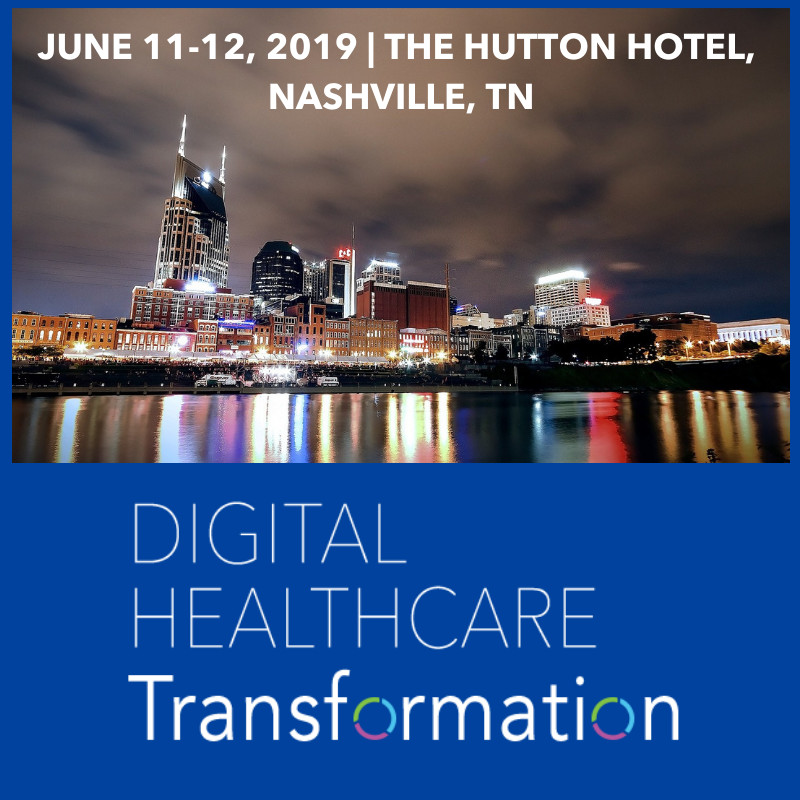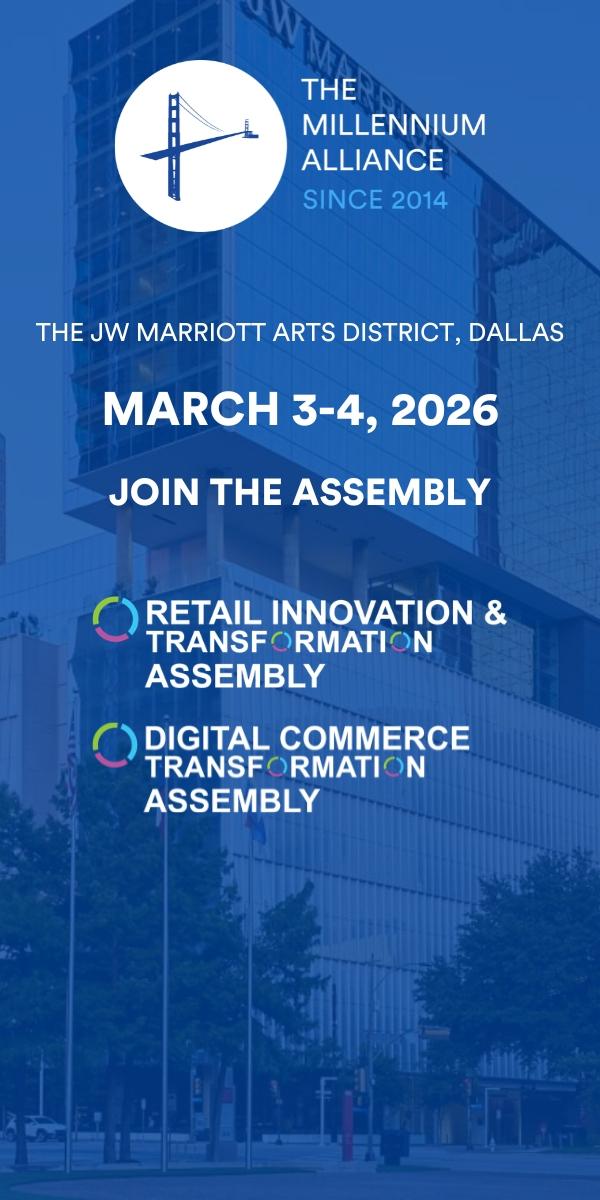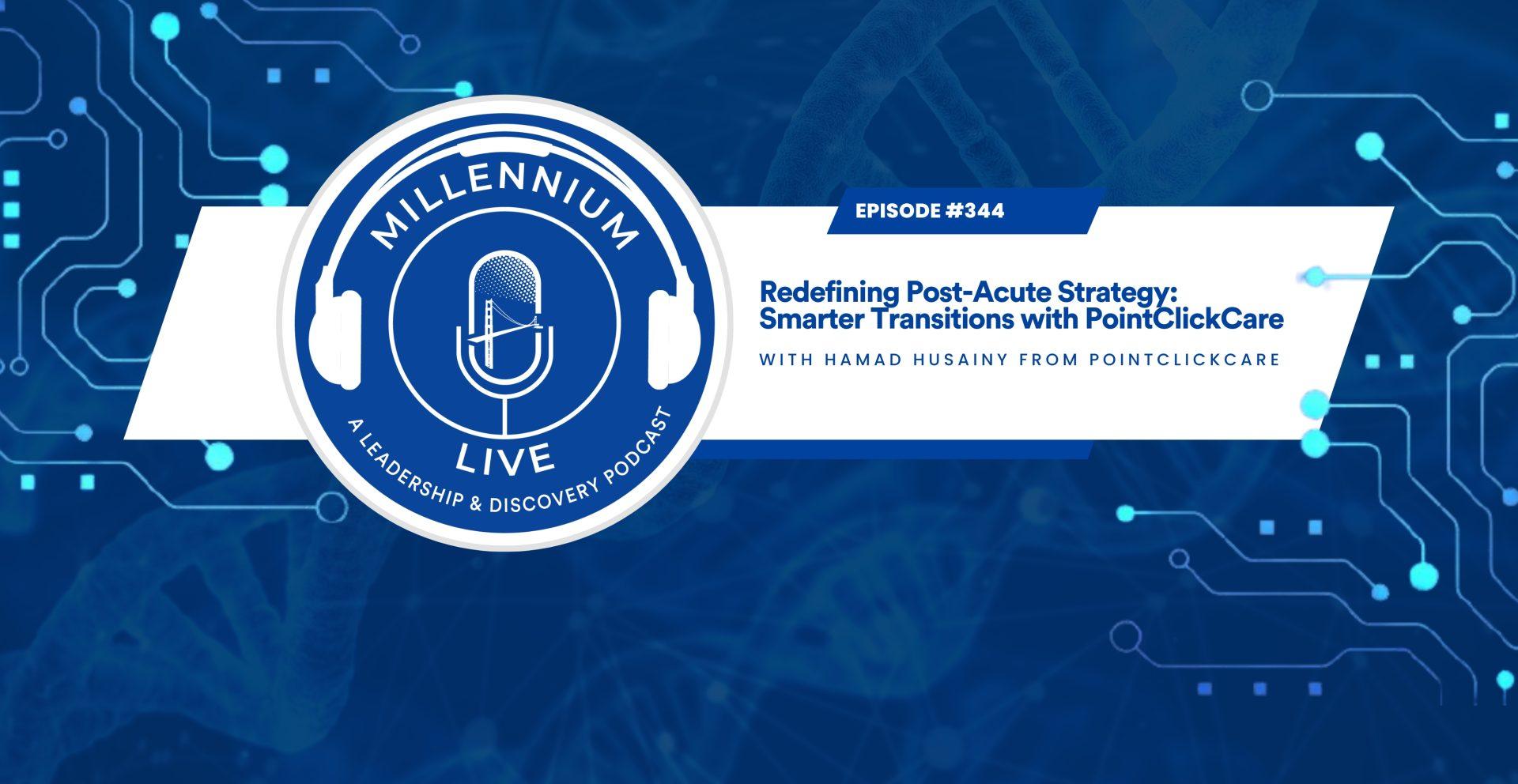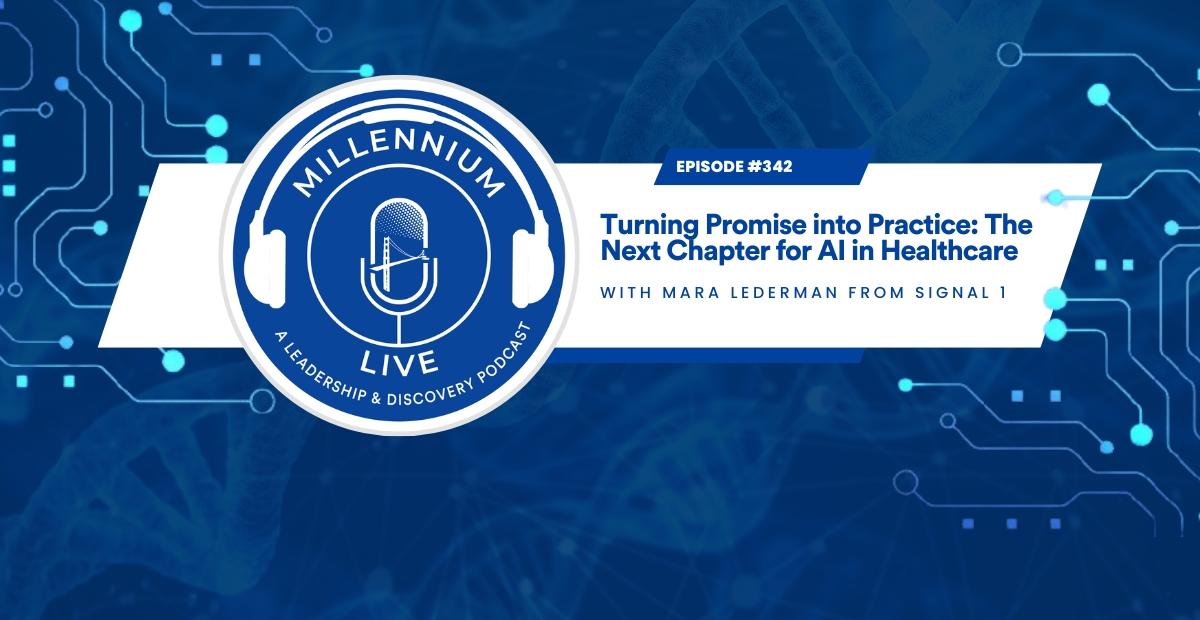Every year, every month, and every day, millions of patients across the United States leave the doctors office with a misdiagnoses. When doctors explore other alternatives, they tend to overlook other options, or in worst cases, be influenced by medical bias.
Not surprisingly, AI is changing that equation. In a journal paper published on February 11th, doctors in the United States and China have determined that artificial intelligence (AI)-based methods have emerged as powerful tools to transform the delivery and execution of medical care. Notably, the scientists reported that they had built a system that automatically diagnoses common childhood conditions after processing symptoms, patient history, lab results and other clinical data, providing 360 clinical decision support in cases of diagnostic uncertainty.
With the help of AI, doctors now have the tools to make faster, more accurate diagnoses that ultimately help them to predict problems before they evolve into complex emergencies. In addition, AI permits doctors to acquire detailed information about patients between visits, so they know just what to do during appointments, without wasting precious face time patients seek after.
In the study, researchers declared that the system utilizing AI was highly accurate, and that it might one day assist doctors and physicians alike in diagnosing complex or rare conditions – a big step forward in the complex medical field.
“Although this impact may be most evident in areas where healthcare providers are in relative shortage, the benefits of such an AI system are likely to be universal.”
Healthcare’s data-heavy nature makes it an ideal candidate for the application of AI across multiple disciplines, from the need for accurate diagnosis and pathology to drug research and epidemiology. Concurrently, the sensitivity of medical data raises highly fundamental questions around privacy and security. This comparison makes healthcare one of AI’s most exciting frontiers and, maybe, potentially one of its most dangerous for healthcare professionals.
Although, there are issues will need to be explored, as AI-enabled tools take a more prominent place in our health systems. In most areas of medicine, if not all areas, the future likely will take the form of a partnership between the old and the new, humans and machines , with doctors informing their judgment on the basis of improved diagnostic analysis, without alienating patients in the process – a bright outlook in the rapidly evolving healthcare landscape.
ABOUT THE DIGITAL HEALTHCARE TRANSFORMATION ASSEMBLY
The future of healthcare is digital. With the FDA providing clarity with the launch of new regulations regarding digital technology in 2018, developers and healthcare industry stakeholders alike are working to transform the patient experience.
The healthcare landscape is changing. The on-demand patient increasingly favors digital technology and platforms. According to Pew Research, a third of Americans have gone online and searched symptoms, in an attempt to diagnose a medical condition.
The US healthcare industry is unique, as it markets direct-to-consumer or direct-to-patient. Digital marketing technology is enabling healthcare marketers to talk directly to consumers in a new, more engaging way.
The Millennium Alliance is pleased to announce our bi-annual Digital Healthcare Transformation Assembly will be taking place June 11-12, 2019.
Are you a Digital Healthcare executive interested in attending this event? Enquire here today to find out if you qualify for Millennium Membership >>















